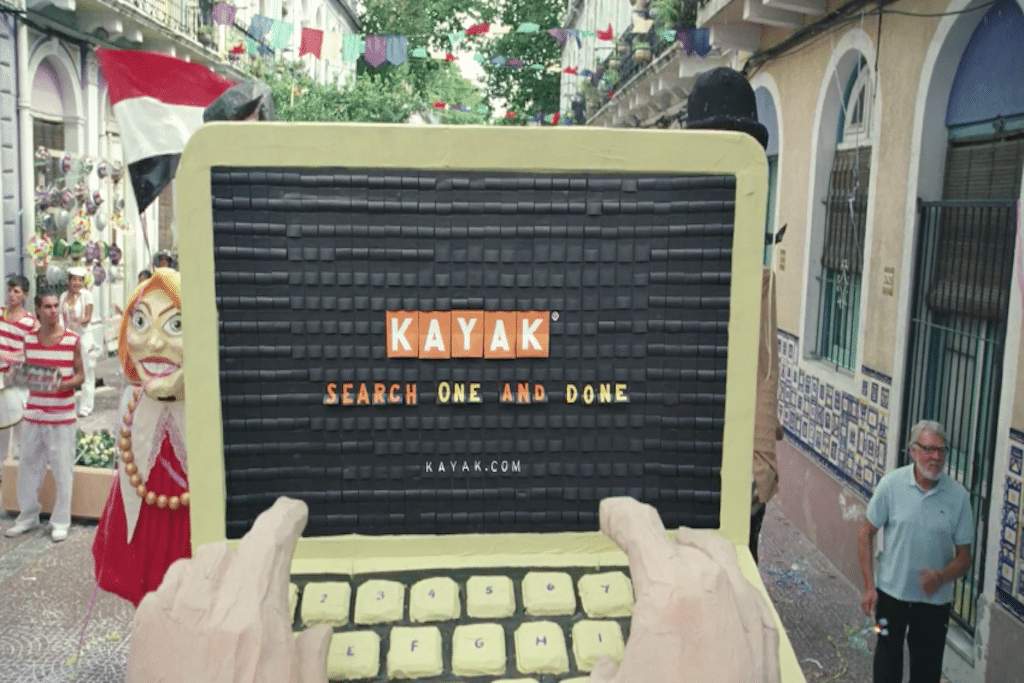Did Priceline Put an End to Kayak's Inefficient Search Engine Marketing?

Skift Take
Kayak's digital advertising spending in the U.S. just about disappeared around the time that the Priceline's acquisition went down. It will definitely be back.
Right around the time that Priceline closed on its $1.8 billion acquisition of Kayak in May, Kayak sort of went away.
Or at least its digital ad spending in the U.S. apparently did as the travel metasearch player turned off its SEM (search engine marketing) spigots stateside.
Competitors have noticed, and you can see it unmistakenly for yourself in Google's sponsored search results, where Kayak, once prominent, now often goes missing.
These things change minute by minute, but I did a Google search this morning for "Los Angeles hotels" and found sponsored results from Hyatt, Expedia, Google, Booking.com, Morgans Hotel Group, Trivago, Choice Hotels, Hotelscombined, and others.
But, no Kayak.
The same held true on a Google search for "Las Vegas flights." CheapOair, JetBlue, Delta, Google, Expedia,

